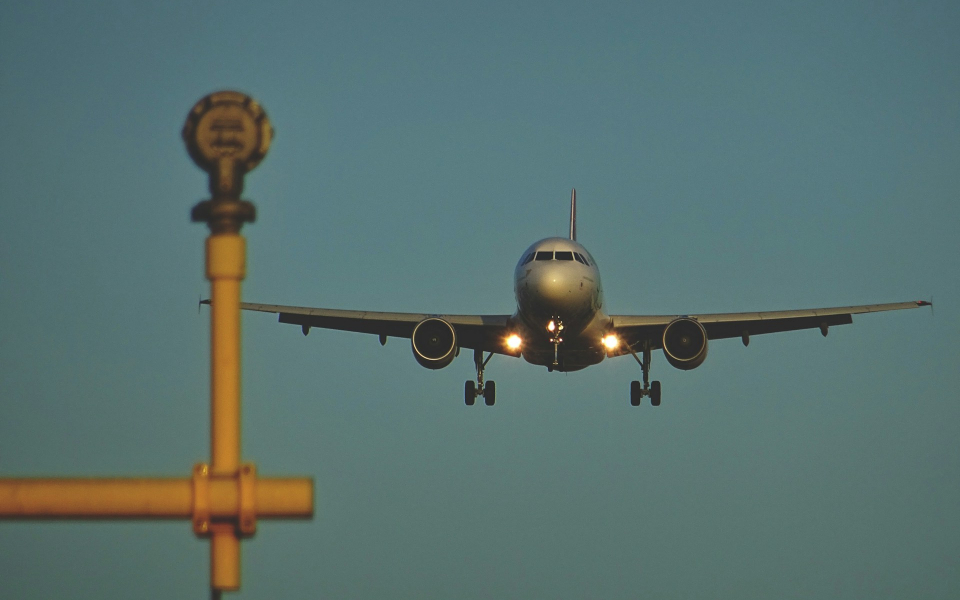JP Morgan analyst Jamie Baker revised ratings/forecasts for several North American airlines ahead of the JPM Industrials Conference.
The analyst writes that investor concerns have grown, primarily centered around consumer behavior, domestic capacity, and the effects of reduced government travel.
Consequently, share price momentum in 2025 has significantly slowed compared to the rapid gains seen in the latter part of last year, adds the analyst.
Baker says that while fuel costs and the economy always pose risks in airline investing, the macro uncertainty has never been higher.
The analyst adds that while some describe the market as a "golden age," he sees it differently: it's a good time for full-service global carriers with a strong focus on premium and loyalty, while other models struggle (excluding SNCY).
Although the analyst didn't anticipate this level of industry disruption, the recent downturns seem driven more by macro factors, supporting his broader view of a weak start to 2025.
LUV: The analyst downgraded Southwest Airlines Company
The analyst says that the bearish outlook reflects a high valuation premium and the decision to rebalance ratings in coverage.
Baker writes that he long believed, even before Elliott's involvement, that Southwest's best margin and ROIC days are behind it.
Although the analyst supports well-executed turnarounds, the challenge for Southwest in reclaiming industry-leading margins seems immense.
AAL: The analyst cut the price forecast for American Airlines Group, Inc.
Consequently, Baker revised EPS estimate from $(0.23) to $(0.27).
The analyst has also updated 2026 revenue estimates, lowering EPS forecast from $3.45 to $3.00.
ALK: The analyst raised the price forecast for Alaska Air Group, Inc.
Baker writes that before acquiring Hawaiian, Alaska Airlines was unfairly grouped with low-cost carriers.
With its expanded international operations, it now aligns with legacy carriers and should be valued similarly, adds the analyst.
The analyst writes that the short-term issues at Hawaiian, such as the Maui wildfires and weak Japan travel, are external and temporary. Alaska's management remains strong, and the airline emerged from the pandemic with minimal impact, maintaining a top-tier balance sheet even after acquiring Hawaiian, adds the analyst.










